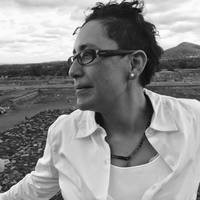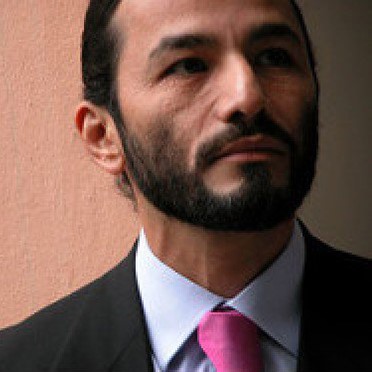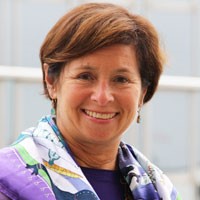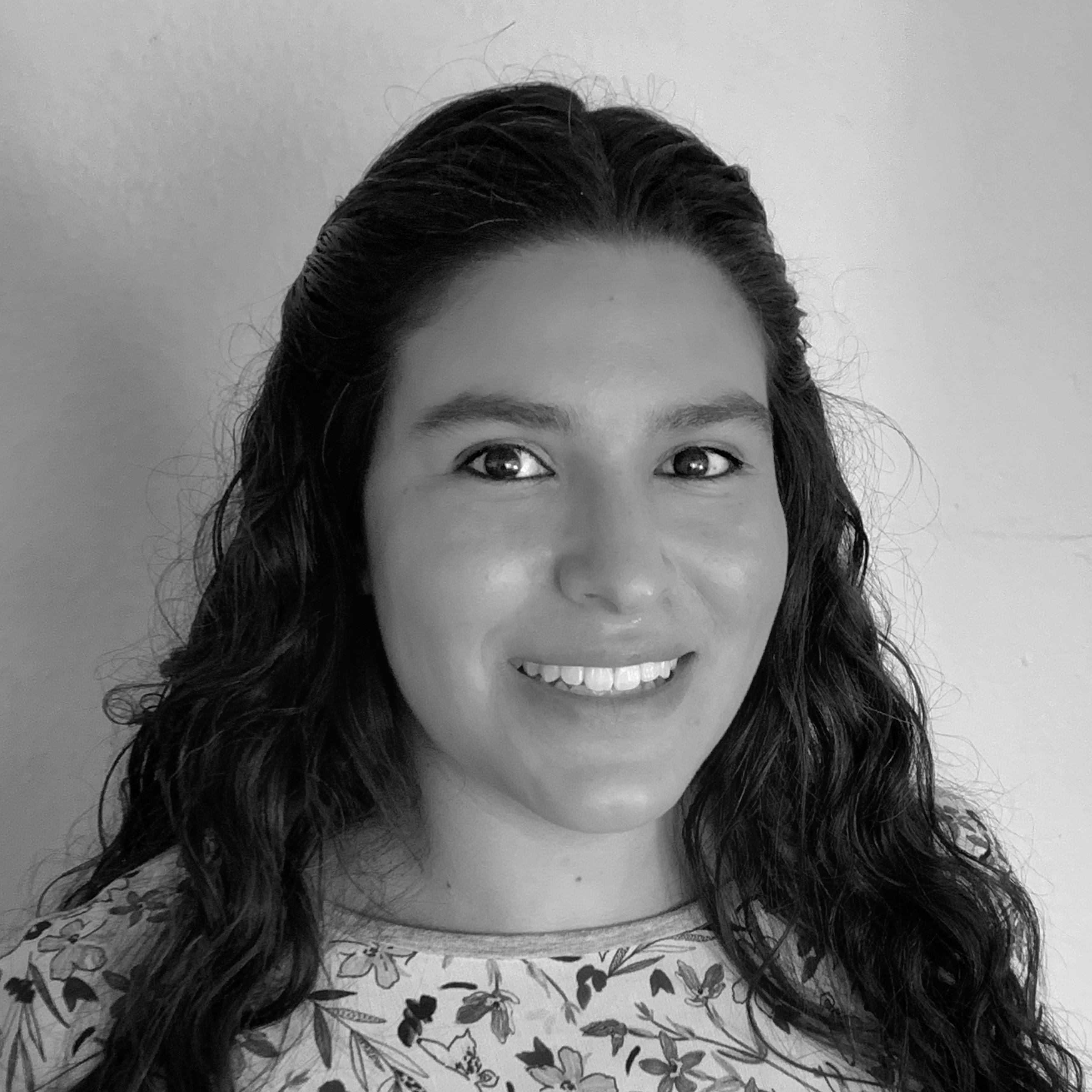Plenary Listeners
Rosalba Icaza Garza, Associate Professor at the International Institute of Social Studies, Erasmus University Rotterdam (Session 1)
Rosalba Icaza is a decolonial feminist/scholar and survivor. She is an Associate Professor in Global Politics, Gender and Diversity at the Institute for Social Studies of the Erasmus University Rotterdam. She has been involved in collaborative research initiatives dealing with the global governance of knowledge-making and the practices of epistemic dissent and resistance that contest its numerous institutional expressions (e.g. Global and Regional governance of trade, NGOization of development agendas, global governance of sexual and reproductive health, etc.). She is currently part of the Transnational Network Other Knowledges (RETOS) and collaborates with Suumil Mookt’an in Sinanche, Yucatan, Mexico. Understanding social resistance, and particularly indigenous and working-class women individual and collective resistance to interrelated forms of transnational/global oppressions has been at the core of her thinking and teaching.
She is interested in the application of decolonial approaches to knowledge cultivation in her teaching and research and committed to facilitating spaces for mutual learning between practitioners and academics. In 2016, under the direction of Emerita Professor Gloria Wekker, Rosalba served as senior researcher for the Diversity Commission of the University of Amsterdam to investigate the state of (lack) of (epistemic) diversity in this institution’s governance, curricula, and everyday activities. Rosalba holds a Ph.D. and MA in Politics and International Studies from the University of Warwick and a BA in International Relations from Universidad Iberoamericana in Mexico City. She has been granted twice the prestigious European Commission Marie Curie Fellowship (2005-2007 and 2007- 2009) and has received Ford Foundation, Rockefeller Foundation, MacArthur Foundation, Oxford University and Warwick University research grants.

Gerardo Ochoa Sandy, Cultural journalist, cultural diplomat, and writer (Session 2)
Gerardo has been cultural attaché for the Embassy of Mexico in Czech Republic, in Peru and the Consulate General of Mexico in Toronto. Currently, he is a contributor to the Letras Libres magazine and “Confabulario” supplement of the newspaper El Universal. He studied philosophy at the Universidad Nacional Autónoma de México (UNAM). He was a fellow of the FONCA / Young creators (1991-1992) and Cultural Co-investments (1995-1996). Gerardo has been a cultural journalist for the newspaper unomásuno –in which he was also the editorial chief secretariat of the supplement “sábado”–, the magazine proceso, the “El Ángel” weekly of the newspaper Reforma, and the mounthly Este País, among others. He served as an advisor to the general direction of the Soumaya Museum (1994-2000). He has been a cultural attaché at the Embassy of Mexico in the Czech Republic (2001-2004), the Embassy of Mexico in Peru (2004-2006), and the Consulate General of Mexico in Toronto (2008.2013). He is the autor of the novel cuadrama (1998), La palabra dicha. Interviews with Mexican writers (1999), Cultural Politics, What to Do? (2000), and 80 Years: the Cultural Crusades of El Fondo (a history of el Fondo de Cultura Económica Mexican publishing house, 2014), among others.

Cynthia P. Schneider, Distinguished Professor in the Practice of Diplomacy; Co-Director, Laboratory for Global Performance and Politics Georgetown University; Co-Director, Timbuktu Renaissance; Co-Director, MOST Resource. (Session 3)
Ambassador Cynthia P. Schneider, PhD, Distinguished Professor in the Practice of Diplomacy at Georgetown University, teaches, publishes, and organizes initiatives in diplomacy and culture. Ambassador Schneider co-directs the Laboratory for Global Performance and Politics at Georgetown, as well as the Los Angeles-based MOST Resource (Muslims on Screen and Television). Additionally, she co-directs the Timbuktu Renaissance, a Mali-based project to support the country’s recovery from conflict through a focus on culture. Dr. Schneider speaks and publishes frequently on topic related to arts, culture, media and international affairs ( Los Angeles Times, CNN.com, Foreign Policy, Brookings Institution).
Professor Schneider teaches courses in Diplomacy and Culture in the School of Foreign Service at Georgetown, where, from 1984-2005, she taught art history, and published on Rembrandt and seventeenth century Dutch art.
From 1998-2001 she served as U.S. Ambassador to the Netherlands, and led initiatives in public and cultural diplomacy, education, biotechnology, cyber security, and military affairs.

Moderator
Amanda Rodríguez Espínola, (she/her) NACDI Research Fellow and independent researcher
Amanda is originally from Mexico City and has a Ph.D. in Media Studies from the University of Colorado Boulder. She holds a Master’s Degree in Public Diplomacy from the University of Southern California in Los Angeles and a Bachelor’s Degree in International Relations from the Universidad Iberoamericana in Mexico City.
She has served as President of the Association of Public Diplomacy Scholars as well as Editor of the Public Diplomacy Magazine, both housed at USC. She was a Research Fellow at the Center for Media, Religion, and Culture at the University of Colorado Boulder where she focused on religious diplomacy from the Vatican, Tibet, and Pentecostal groups in Brazil. In the corporate sector, she worked as a Research Analyst at the Annenberg Retreat at Sunnylands, where she developed proposals for public policy and cooperation to increase academic exchanges between the United States and Mexico. Her interest in entertainment-education led her to collaborate as a Researcher at the Norman Lear Center and t Wise Entertainment, analyzing the representation of minorities on television and streaming services.
Currently, her field of specialization is cultural diplomacy and digital media, working on topics like the use of video games and virtual reality as tools for cultural diplomacy. As a NACDI member, she is interested in applying a decolonial perspective to cultural diplomacy by highlighting the possibilities digital technology offers to create new, and strengthen already existing, networks of dissent that challenge the current Euro-centric approach. She has presented her research results at various national and international conferences and has several publications on public diplomacy. She has taught courses in Public Diplomacy, Public Relations, Storytelling, and Information Sciences.
